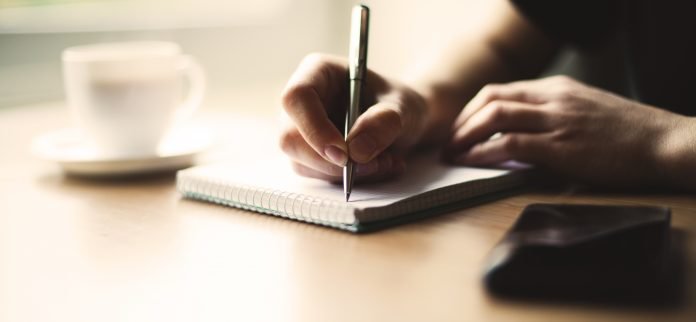It’s no secret that Covid-19 and the social distancing and lockdown measures it is taking to control the pandemic is taking a toll on our mental health.
While reportedly many mental health services are noticing an increase number of people reaching out for help and support during these extremely trying times, experts from RMIT University have also noticed a resurgence in diary keeping – journaling is a good way to get them through the troubled times.
“Diary-keeping [is] like turning to a trusted friend and pouring your heart out, although in a much more intimate way – there [is] only you, the pen and the paper,” says Dr Peta Murray, a Vice-Chancellor’s Postdoctoral Research Fellow at RMIT University.
Dr Murray adds that while journaling can be useful to the person doing the writing, sharing our diary entries can also help to paint a picture of how the whole world copes in a crisis.
“We keep hearing these are unprecedented times but it’s largely because none of us … have a true understanding of what it’s like to live through a pandemic,” she says, adding that with the access to social media platforms, “never before have we had easier access to witness the experiences of so many others” – “people have become more willing to share”.
“[Through diarising] we have already seen how vastly different the [pandemic] experience is depending on where one lives and their personal circumstances,” she says.
Self-care through self-reflection
According Lecturer in Psychology in the School of Health and Biomedical Sciences at RMIT University, Dr Robyn Moffitt, reflective writing also has therapeutic benefits.
Dr Moffitt says that from a psychological perspective, keeping a diary is a useful way to engage in healthy self-monitoring of our thoughts, feelings and behaviour.
“Reflecting on past events in our mind can often lead to self-critical and unhelpful thinking, or even rumination, which can exacerbate distress,” says Dr Moffitt.
“But keeping a diary and writing things down as they happen can provide perspective on the frequency and severity of different events. We can use this to correct distorted thinking.
“It can allow us to process and reconstrue past events, problem-solve and create new meanings. In some ways, this makes it similar to psychotherapy.”
To learn more about diary-keeping and the free non/Fiction Lab event on, ‘What can the diary offer (in troubled times)?’, visit: eventbrite.com.au/e/what-can-the-diary-offer-in-troubled-times-tickets-117480823305









